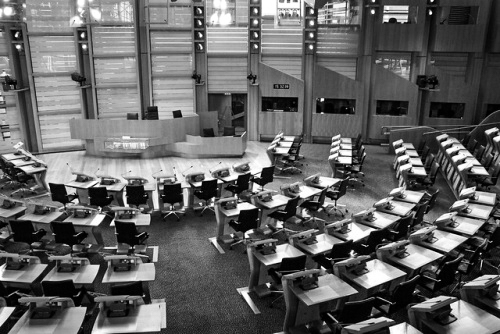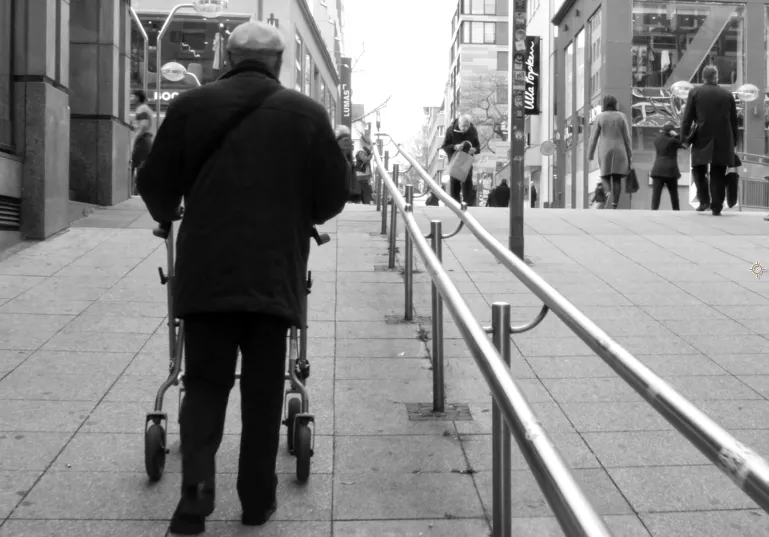Mental capacity, terminal illness and only adults

Fear of being a burden is involved in over 53% of assisted suicides
ECONOMIC PRESSURES WILL impact DECISION MAKING

Lethal drugs are cheaper than care
Assisted suicide reduces the incentive to invest in high-quality palliative and social care.
At the same time, there would be a perverse incentive to not restrain assisted suicide since it is cheaper than providing palliative or social care.
Discussion of the financial savings of legalising assisted suicide is already happening. Cost savings for the NHS have even been described as ‘the elephant in the room’. This may be a very tempting option for future policy makers and NHS managers.



Elder abuse cases rise. Emotional & financial pressures mount on care givers.

Euthanasia debated for all children of any age including newborns with disabilities.
PROPER FUNDING FOR PROPER CARE
PROPER FUNDING FOR PROPER CARE